The living legacy of SAs longest-serving premier Sir Thomas Playford
THERE are so many things that we take for granted today that hark back to the years of our longest-serving premier Sir Thomas Playford.
IF today you have turned on a tap, flicked a switch, driven a Holden, arrived at the airport, used a BankSA ATM, maybe listened to a bit of Jimmy Barnes screaming about being a Working Class man, then the man to thank is Sir Thomas Playford.
Playford’s premiership ended in 1965 and he died 32 years ago in 1981 but his fingerprints can still be found all over this state. Playford, more than any other premier, is responsible for the look and feel of contemporary South Australia. He took a largely agricultural regional economy and turned it into a manufacturing hub.
He was the driving force behind the creation of the Electricity Trust of South Australia, behind how water was distributed across the state, drove the expansion of the Housing Trust, he brought companies such as Philips and Uniroyal to South Australia and brought the defence industry here as well.
TELL US: What are your memories of the Playford era?
His legacy, and there are good and bad parts of it, is still something we are both benefiting from and grappling with in 2013.
Playford served as Premier from 1938 to 1965. No other Australian leader, state or federal, has served longer than Playford’s 26 years. It was a time of enormous change. Playford took office before World War II broke out and was still there in the swinging 60s when the Beatles came to Adelaide.
He opened the door for a new kind of South Australia. One that chased economic growth and threw the borders open to waves of economic migrants from Britain (including the aforementioned Barnes) and Europe looking to flee the ravages the war had brought to their countries.
Steele Hall who was in parliament with Playford and succeeded him as leader of the Liberal Country Party, before being elected Premier in 1968, says Playford is still the greatest champion South Australia ever had.
``He built and built and built,’’ he says. ``My support of Playford was 110 per cent. I think he was fantastic operator. South Australia was ever so much the better because of him.’’
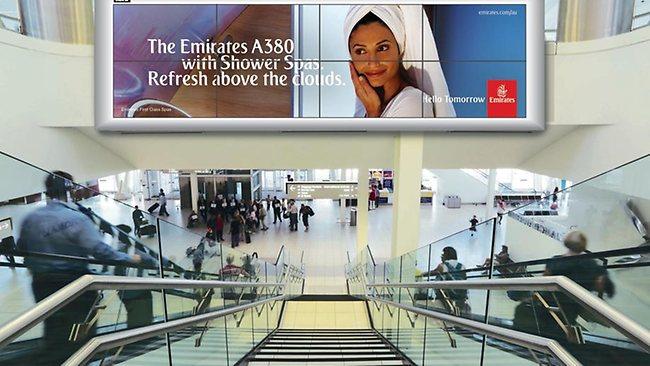
This is the scale of the change overseen by Playford. In the year before he took office South Australia had a population of around 591,000. When he left it was over 1 million.
In 1937 the value of production in the state’s factories was around 34 million pounds, by the time he left that figure was around 457 million pounds.
Some have questioned, though whether Playford’s desire to build a different South Australia was ultimately a double-edged sword and whether the state’s subsequent reliance on a manufacturing base in a changing world ultimately held it back.
At Adelaide University’s Centre for Social Innovation and Research John Spoehr agrees the Playford legacy is something the state is still wrestling with, most obviously with the ongoing imbroglio surrounding the future of Holden.
Playford is a key figure in the creation of Holden. He built Elizabeth as a low-cost housing area for Holden workers, he persuaded General Motors it should build its new factory to the north of the city, the state actively chased migrants from Britain to move to the north for work. Among them the parents of musicians of the future like Jimmy Barnes. It’s why that council area is called Playford today.
The Housing Trust was different then as well. It was not seen as a provider of welfare housing as it is now, rather it was viewed as an arm of industrial development, with the cheap housing offered as an added attraction to bring in the much-needed labour. It even built factories under lease-to-buy arrangements to help attract new businesses to the state.
Spoehr says ``manufacturing did reach its height’’ under Playford but that the world changed faster than the state was ready for in subsequent years and his model of government support, cheap land and labour, all protected behind the national tariff wall became redundant in the face of globalisation.
And we took too long to understand the effect the rise of Asia – also built on cheap labour and business costs – would have on South Australia.
``Playford’s legacy lives on in that we still wrestle with the challenges that he was wrestling with at the end of his period,’’ he says.
``He was fortunate to live and be premier when he was because it was a simpler world when the state government was really very protected against the chilly winds of the global economy.
``The legacy to this day is really still facing that question of how we move beyond our dependency on mass manufacturing and Holden is a classic example of that.’’
But it’s hard to be too critical about Playford on that score.
He was also as Spoehrs, says, the ``ultimate pragmatist’’ and recognised South Australia had been starved of investment for too long. Playford was sustained in office by an electoral gerrymander that valued rural votes more highly than city votes but he developed a good working relationship with Labor leader Mick O’Halloran and his guiding force was not ideology but what he believed was good for the state.
He was always prepared to move beyond what would be regarded as classic Liberal ideology of he thought South Australia would benefit.
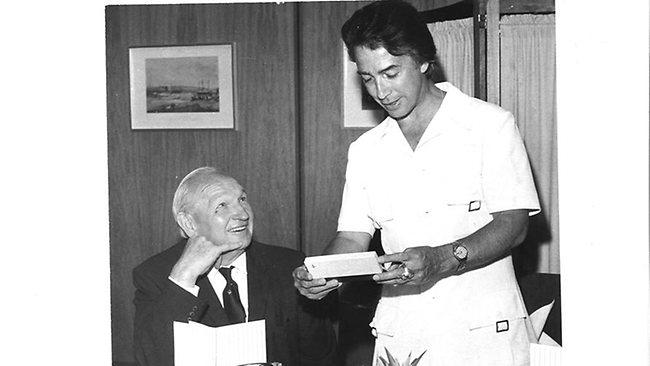
When the privately-owned Adelaide Electric Supply Co was moving too slowly for Playford’s tastes to connect regional South Australia to the grid he nationalised the company and created ETSA. For a Liberal leader this was a cataclysmic change of approach – Spoehrs calls him a ``marsupial socialist’’ - but creating ETSA, and opening up the Leigh Creek coal fields, were pivotal to the state’s industrialisation.
He fought hard to bring more defence industry to South Australia and was a regular pest to Prime Ministers in Canberra demanding more for his state.
Playford instigated the building of 9650km of water pipes that took water from the Murray to 90 per cent of the state, making it possible for industries such as the Whyalla steelworks to start.
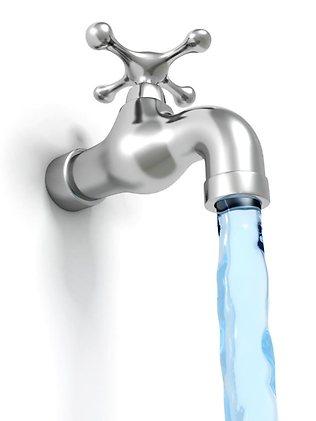
Another former Premier, Dean Brown, is chairman of the Playford Memorial Trust which awards $190,000 in scholarships each year to post-secondary school students in areas such as horticulture, mining, environmental management and aquaculture is an unabashed fan.
``We live with the legacy of one of the best distribution systems of electricity and water of any state in Australia, probably the best,’’ he says.
Brown entered parliament in 1973, after Playford had retired from the place, but he was still a regular visitor to North Terrace.
``Tom used to come into parliament house, particularly on Fridays for lunch,’’ Brown says. ``He would park his FJ Holden, or whatever it was, out the front of parliament house, have a long lunch and give what I would describe as the `parables according to Playford where he used to sit down and talk about how he handled this situation or that situation.’’
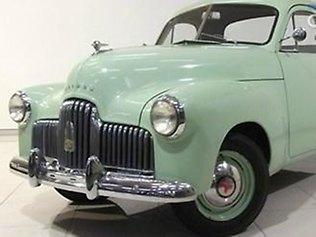
It was quite some story. Playford was the grandson of another Thomas Playford,who was premier in the previous century, and he grew up on a orchard at Norton Summit.
Playford was badly injured in France during World War I, hit by a bullet from a German machine gun, and when he came home he moved back into the fruit growing world. He first stood for parliament in 1933 and was a voluble backbencher under the stewardship of the Premier Richard Butler.
Butler was the one who started the state on its road to industrialisation, but ironically given the path he himself would take Playford was opposed to measures such as the creation of the Housing Trust and lowering company tax to attract industry to South Australia.
But once he was installed as Premier his views rapidly changed. He once said World War II allowed him to do in five years what in ordinary circumstances would have taken him 25. For example. Factories for making clothes for the armed forces were established at Wallaroo, Clare, Port Pirie, Mount Gambier and Lobethal. Munition works were built in Hendon, Salisbury, Naracoorte, Tailem Bend, Peterborough, Gladstone and Murray Bridge. Ten ships were built and launched at Whyalla.
Another Liberal premier John Olsen says Playford’s determination to bring industry to South Australia helped diversify the state economy and even when manufacturing began to fade nationally as federal governments started dismantling protective tariff barriers.
``There were issues with the dismantling of the tariff barriers and protections that applied significant pressure on the manufacturing base in Australia that has continued to this very day,’’ he says.
``But the skills we were able to develop within our broader workforce was an asset that with upskilling could embrace new industries.’’
Labor successor John Bannon also believes Playford’s personal integrity made the state’s governance stronger and meant South Australia avoided the corruption scandals seen in Queensland and New South Wales.
``Playford, over a record term of office, ran his government at the highest level of integrity and demanded similar standards from his public servants,’’ Bannon says. ``He maintained a culture that his successors inherited and that still works strongly in our governance.’’
While he was adventurous in an economic sense, the same couldn’t be said when it came to social policy. A teetotaller, he was a fierce advocate of pubs closing at 6pm and was avidly anti-gambling. He was the antithesis in that sense of one of his Labor successors who then pursued a far more libertarian social policy in the 1970s.
However, Steele Hall says it should not be assumed that Playford by the end of his time was a man stuck in the past and incapable of change. Hall points to the far-reaching, if ultimately abandoned MATS transport plan, which was instigated under Playford in 1964 as a sign the grand old man was not going quietly.
``He left on his good feet, he wasn’t tiring,’’ he says. ``The MATS plan he had ordered… he set it in motion showed how well up with things he was.
``He would have eaten some people on his capacity to get things done.’’
75 years on, grandpa’s legacy lasts for Tom
By Tim Williams, City Messenger
TO THE state he was a revered and longest serving premier with a legacy like no other.
To a young Tom Playford, he was “grandpa”.
Sir Thomas Playford led South Australia for a record 26-plus years from 1938 to 1965, overseeing a huge expansion of infrastructure, migration and public housing.
Grandson Tom – the name has been passed down eight generations – grew up in a house just up the hill from his grandfather’s on the family’s Norton Summit cherry orchard.
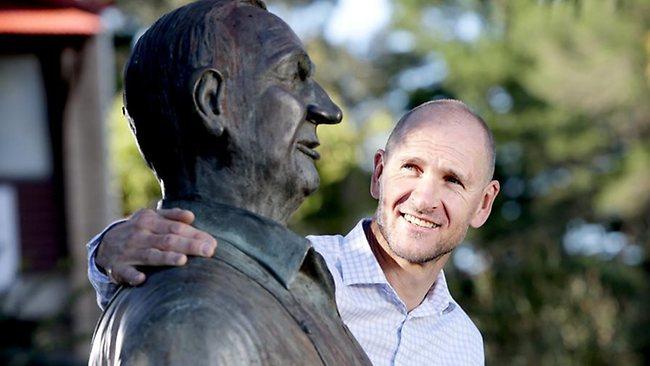
He recalls picking fruit with Sir Thomas and helping to round up his ducks and geese into their coop in the evenings.
“We used to rev them up and he would get quite frustrated at that,” Mr Playford recalls. “He was a big man but jovial and happy and lovely … not at all intimidating.
“We had Sunday lunches with him and he always had political stories to tell that were humorous. He would give us Cherry Ripes.”
Mr Playford, 44, spoke to The Advertiser ahead of the 75th anniversary of his grandfather’s rise to power this week.
A project manager running Adelaide City Council’s $28 million Victoria Square upgrade, he says it wasn’t easy growing up with people’s expectations of the family name.
He is modest about his successes and protective of his children, Tom, 8, Caleb, 6, and Mia, 5.
“Everywhere you go in Adelaide you are still driving on the roads (grandpa) produced. The pipelines and reservoirs are all still there. I’m doing one little project.”
For five years he worked on the Playford Alive housing project in the northern suburbs, and disliked the name for its lack of originality.
